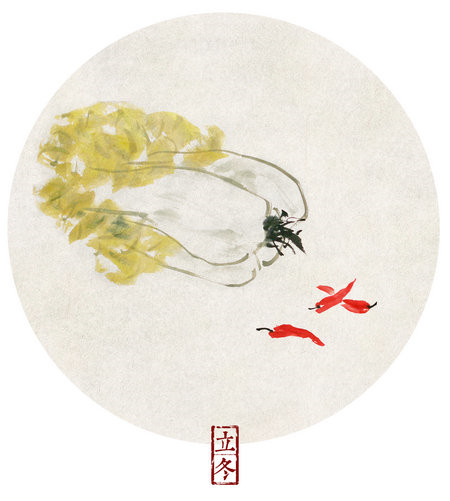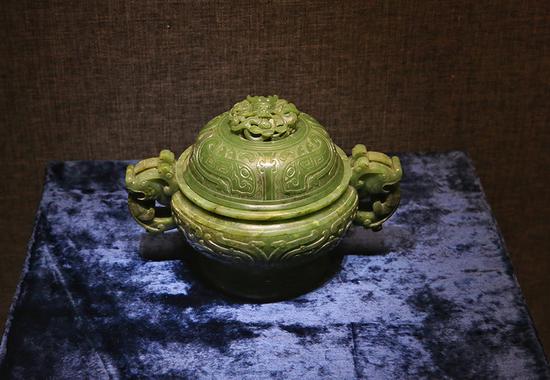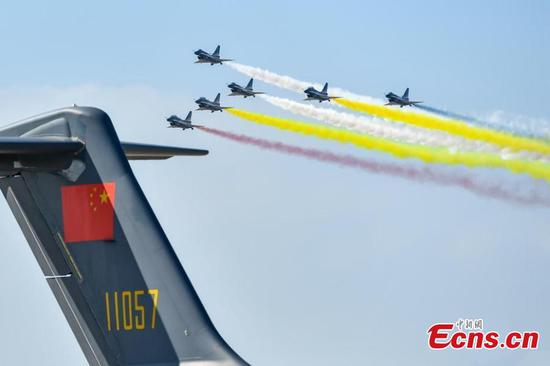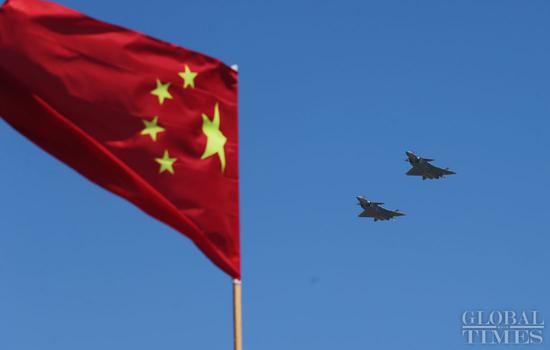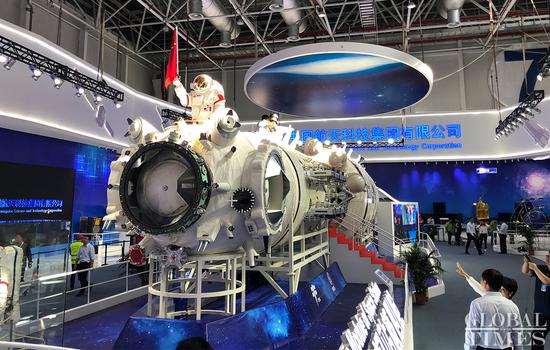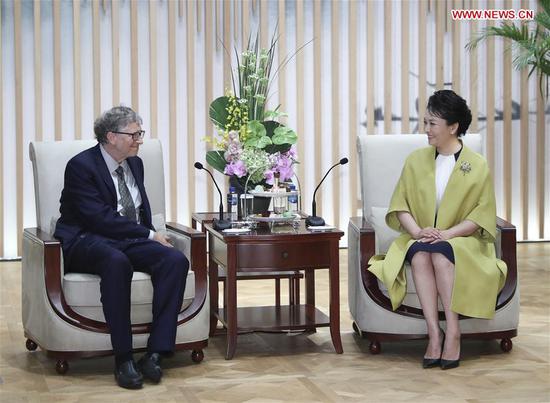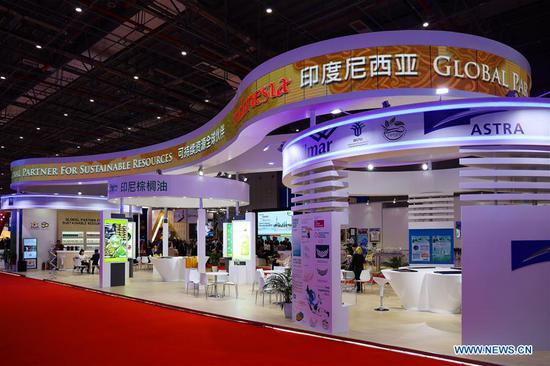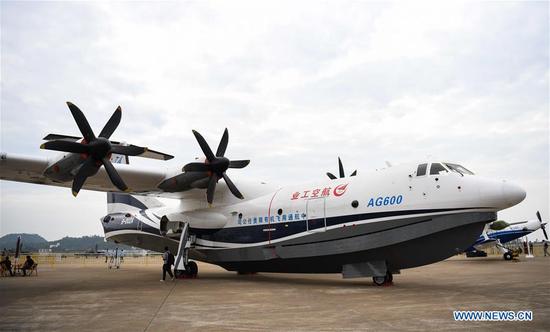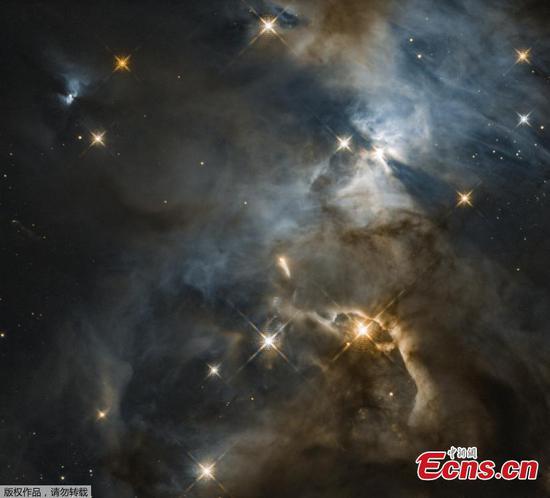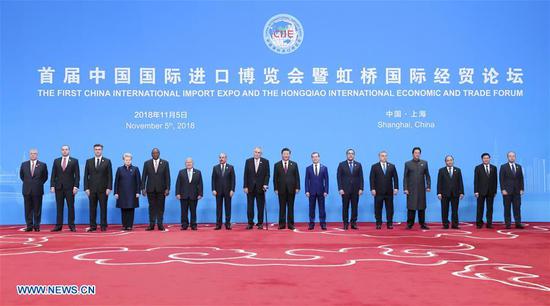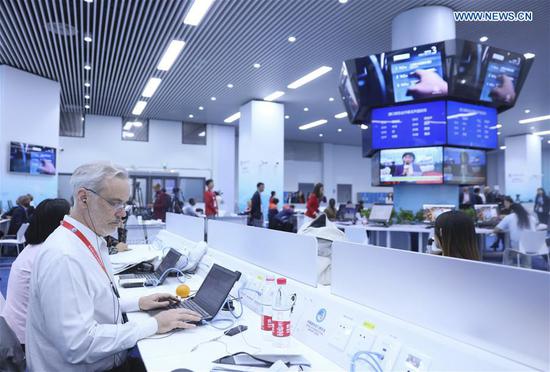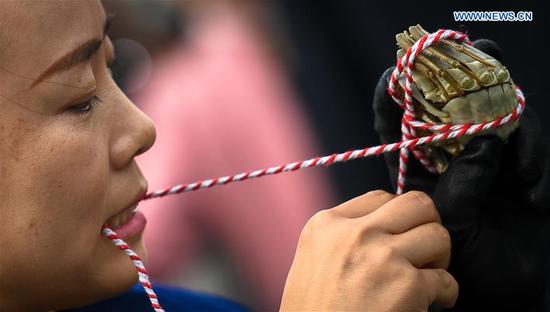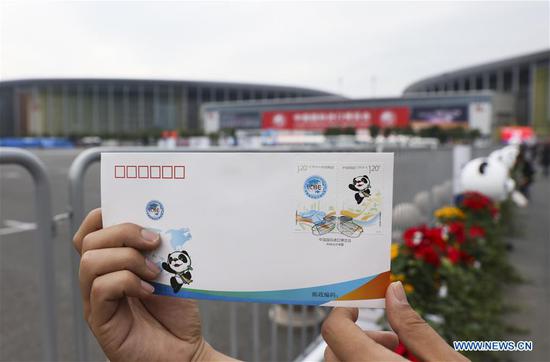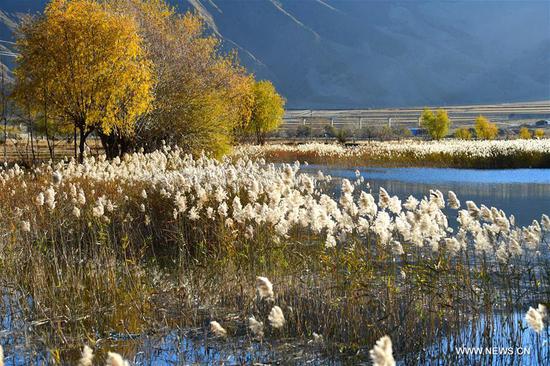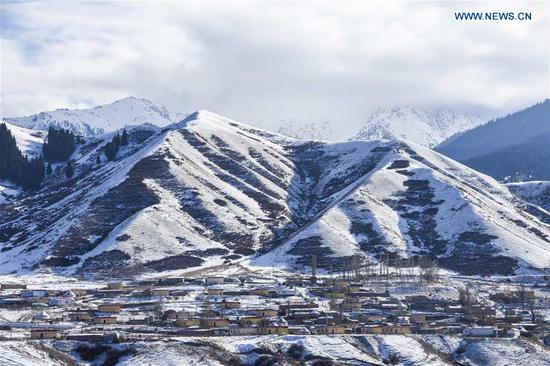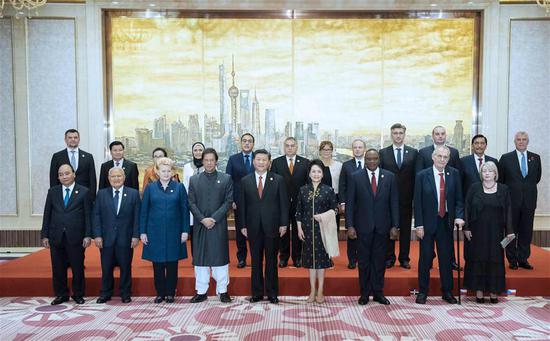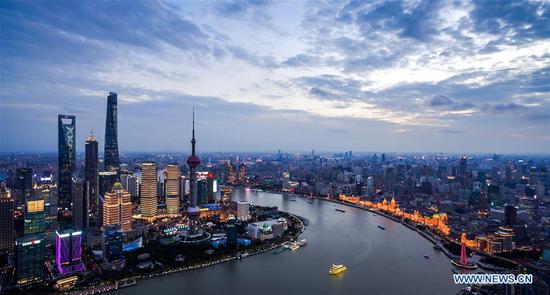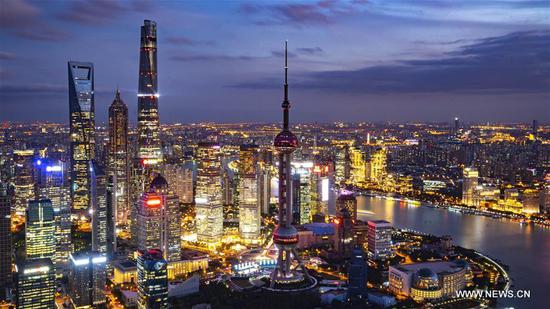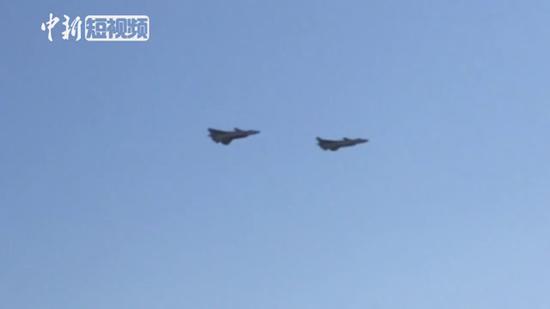The United States on Monday officially slapped sanctions on Iran's oil exports and banking industries, a tough move that has ratcheted up pressure on Iran while meeting with strong oppositions.
The latest sanctions by the Trump administration was the second batch of its kind after the United States announced its withdrawal from the 2015 Iran nuclear deal in May, signaling the revival of all sanction measures that had previously been lifted under the landmark pact.
U.S. Secretary of State Mike Pompeo told reporters at a press conference on Monday morning that the newly added sanctions, which have been strongly opposed by Iran, will curb Tehran's energy, banking, shipping and shipbuilding industries.
Washington saw the new move in coherence with its campaign to continue impeding Iran's nuclear and ballistic missile development as well as restraining its "malign activities" in the Middle East.
"We hope a new agreement with Iran is possible, but until Iran makes changes in the 12 ways that I listed in May, we will be relentless in exerting pressure on the regime," said Pompeo.
The U.S. Treasury announced in a statement on Monday that more than 700 Iran-related individuals, entities, aircraft and vessels were added to its blacklist as part of the move.
The designated targets include 50 Iranian banks and their subsidiaries, over 200 persons and vessels in Iran's shipping and energy sectors, one Iranian airline and more than 65 of its aircraft, according to the statement.
Three nonproliferation projects currently underway in Iran have got temporary waivers. The exemptions are designed to last up to 180 days.
According to Pompeo, more than 20 importing countries and regions have "zeroed out" their imports of crude oil already.
Iran on Monday strongly opposed U.S. sanctions on its pillar industries, saying that the United States will not be able to stop Iran's oil exports.
Iranian President Hassan Rouhani said Iran will continue to sell its crude oil in the international market despite "cruel" U.S. sanctions.
Iran's Foreign Minister Mohammad Javad Zarif slammed U.S. defiance of the international conventions in a tweet on Monday, dismissing the reimposed sanctions as targeting "ordinary people" and defying the UN Security Council.
China expressed regret over Washington's decision to reimpose sanctions on Iran.
Chinese Foreign Ministry Spokesperson Hua Chunying told a daily briefing that the international community has shown widespread opposition to unilateral sanctions and long-arm jurisdiction.
"The Joint Comprehensive Plan of Action (JCPOA) is a multilateral agreement ratified by the UN Security Council and should be implemented in a comprehensive and effective way," said Hua.
"This is conducive to upholding the international nuclear non-proliferation regime as well as peace and stability in the Middle East and serves the common interests of the international community," she added.
To keep the Iran nuclear accord alive, some remaining parties to the deal are trying to maintain trade relations with Tehran. The European Union (EU) has been reportedly establishing a new mechanism to facilitate payments for Iranian oil exports, which will not be operational until early next year.
Meanwhile, it has been noticed that the EU did not get a waiver for continuing oil imports from Iran.
"The refusal of EU waivers is punitive," former U.S. State Department official Wayne White told Xinhua, adding that Washington wanted to force the European parties "to rupture sufficient ties with Iran to render the remaining benefits of the agreement of little value to Iran."
Meanwhile, the expert was not optimistic about the possibility that Iran would negotiate another deal with the United States.
"Iran will be very reluctant to return to negotiations because Tehran believes it already signed an agreement, but the U.S. broke it," noted White, who once served as deputy director of the Middle East Intelligence Office of the State Department.
"The whole situation is likely to make nuclear non-proliferation much more difficult in the future," Brookings Institution Senior Fellow Darrell West told Xinhua.









